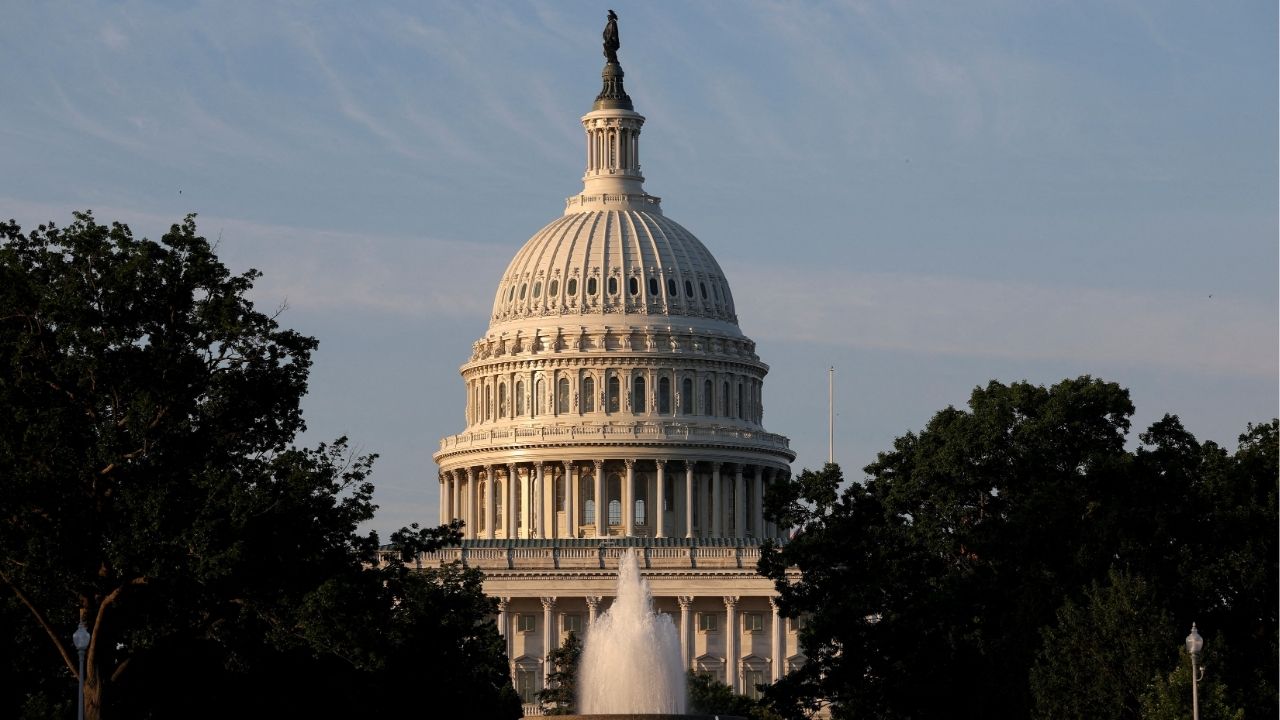President Donald Trump convened a meeting with congressional leaders on September 18, 2023, in a critical effort to avert a government shutdown that could disrupt essential services as early as September 20, 2023. The discussions focused on extending government funding beyond the midnight deadline on September 19, 2023.
Democratic leaders are emphasizing that any agreement must also safeguard expiring health benefits linked to the Affordable Care Act. In contrast, Republican leaders, including Trump, argue that health care and government funding should be treated as separate issues. If Congress fails to reach an agreement, thousands of federal workers, from employees at NASA to those managing national parks, may face furloughs, while various services could be significantly impacted.
Implications of a Potential Shutdown
A failure to act may result in federal courts closing and delays in grants for small businesses. The current budget impasse centers on approximately $1.7 trillion in discretionary spending, which funds about one-quarter of the government’s total budget of $7 trillion. The remaining budget primarily covers health and retirement programs and interest payments on the national debt, which stands at about $37.5 trillion.
This ongoing budgetary standoff is not new in Washington. Since 1981, there have been 14 partial government shutdowns, most lasting only a few days. The longest shutdown occurred during Trump’s first term, lasting 35 days due to a dispute over immigration policy.
Currently, the focus is on health care, as nearly 24 million Americans who rely on the Affordable Care Act risk facing increased costs if temporary tax breaks are not extended by the end of the year. House Democratic Leader Hakeem Jeffries has called for Congress to make these tax breaks permanent, citing the urgency as the new enrollment period begins on November 1, 2023.
Jeffries stated during a press conference, “We believe that simply accepting the Republican plan to continue to assault and gut health care is unacceptable.”
Political Dynamics and Future Considerations
Senate Republican Leader John Thune has indicated some willingness to address health care issues but insists that a temporary spending bill must be passed first. In an op-ed published in the Washington Post, Thune remarked, “Major decisions should not be made in haste.” He criticized the notion of resolving significant issues under the threat of a government shutdown.
Some Democratic aides have suggested that lawmakers might consider a short-term funding bill if Republicans agree to vote on extending the Affordable Care Act tax credits in the coming weeks. However, Jeffries dismissed this possibility, asserting that trust in Republican leadership is lacking.
Democrats are under pressure to rally their voting base ahead of the 2026 midterm elections, where control of Congress will be contested. Lawmakers from both moderate and progressive factions within the party are advocating for increased health care spending.
Yet, there are concerns among Democratic aides that a shutdown could lead to public backlash, particularly if the party fails to effectively communicate its position and appears to be opposing Trump for the sake of opposition. Republicans have framed this dynamic as “Trump Derangement Syndrome.”
As the deadline approaches, the outcome of the meeting between Trump and congressional leaders remains uncertain, leaving many to wonder how the government will navigate the complexities of funding and health care in the coming days.
